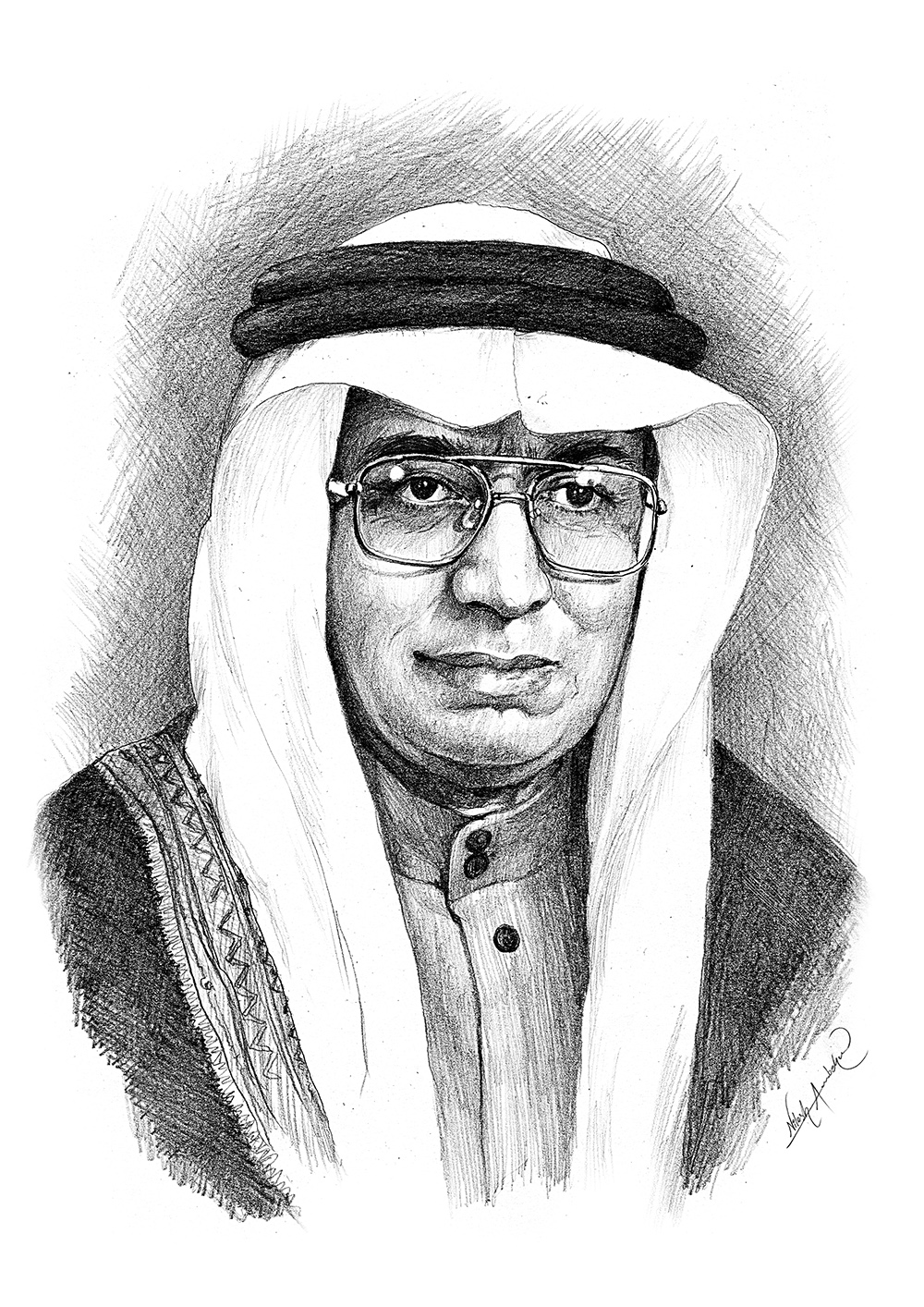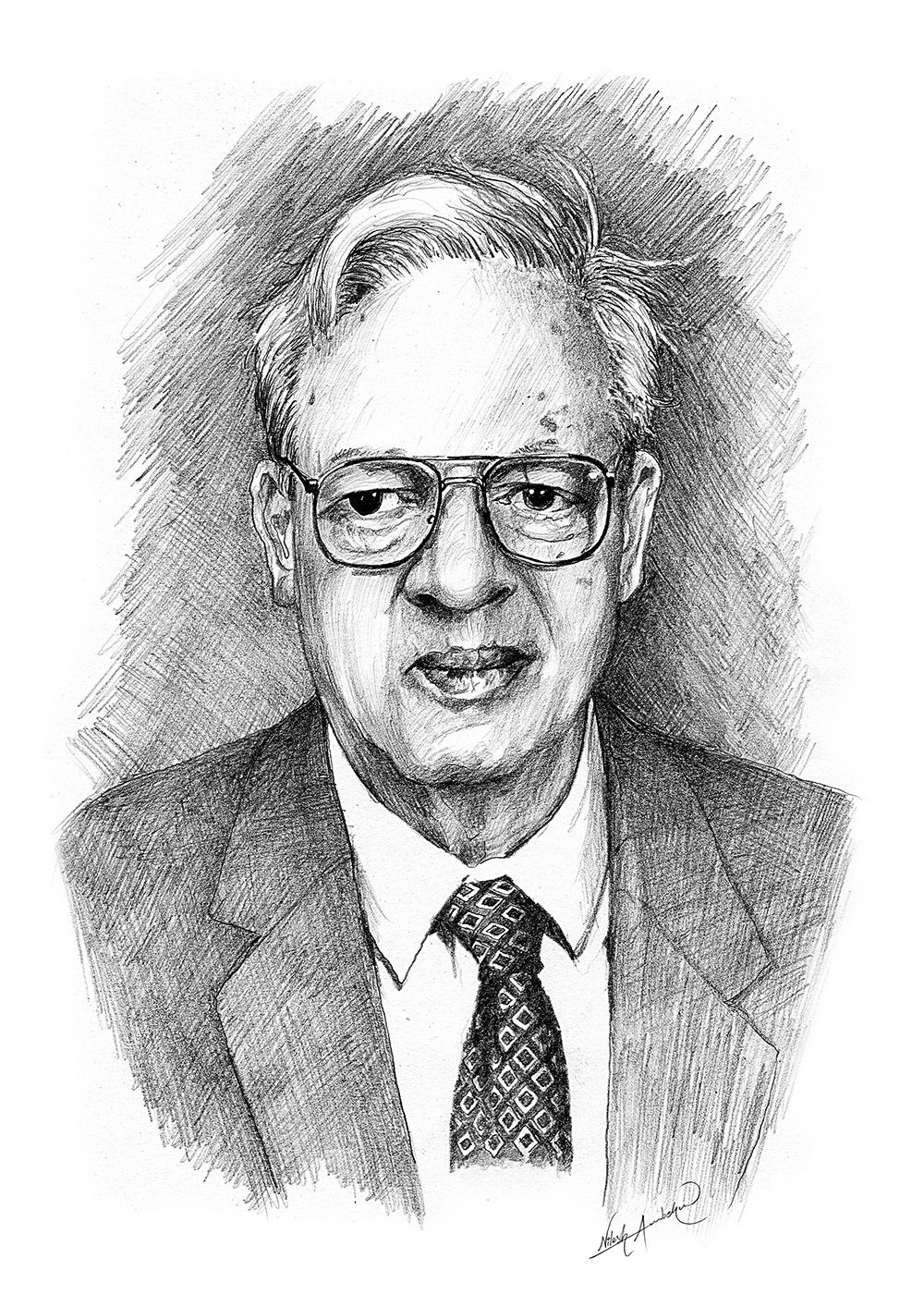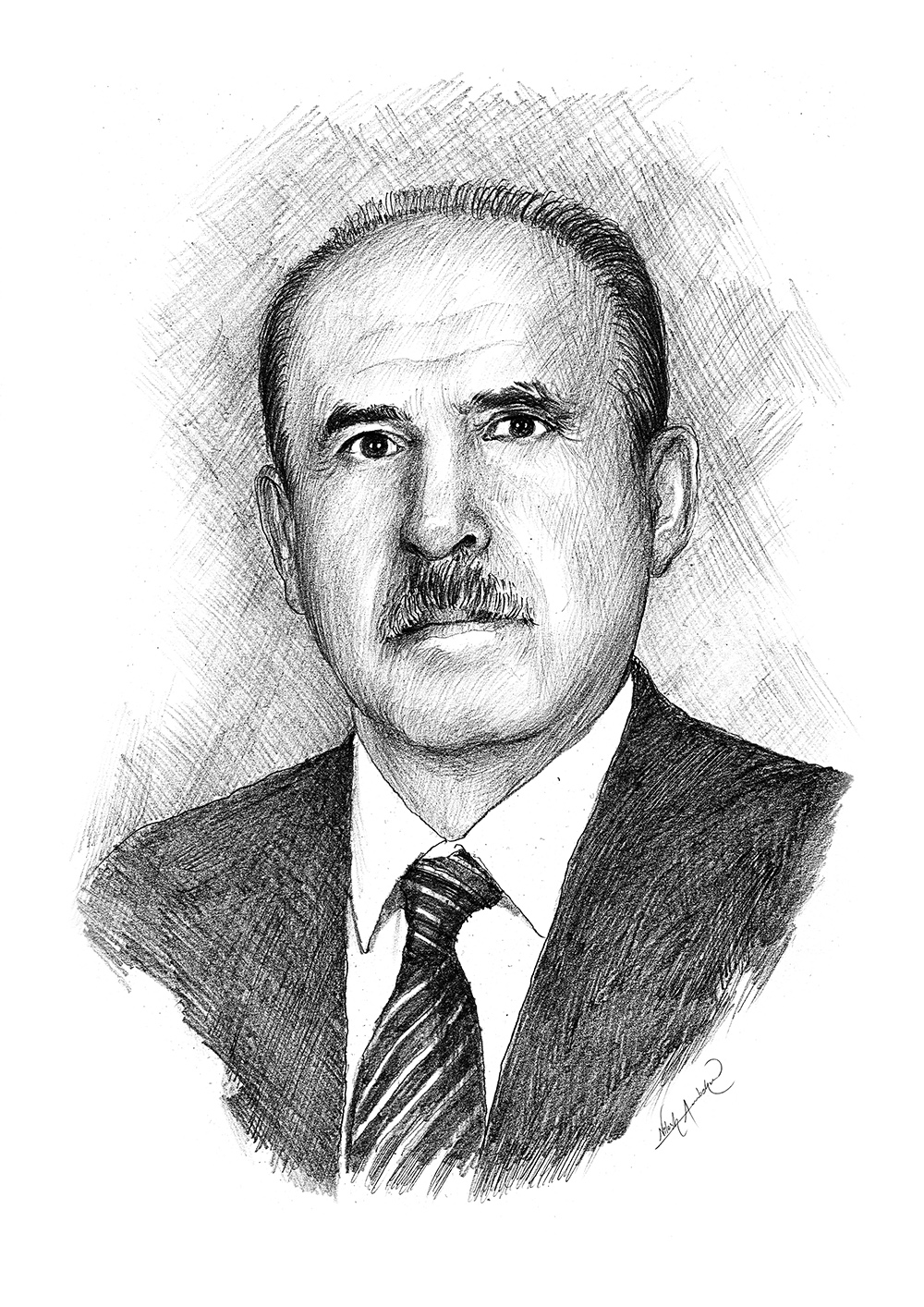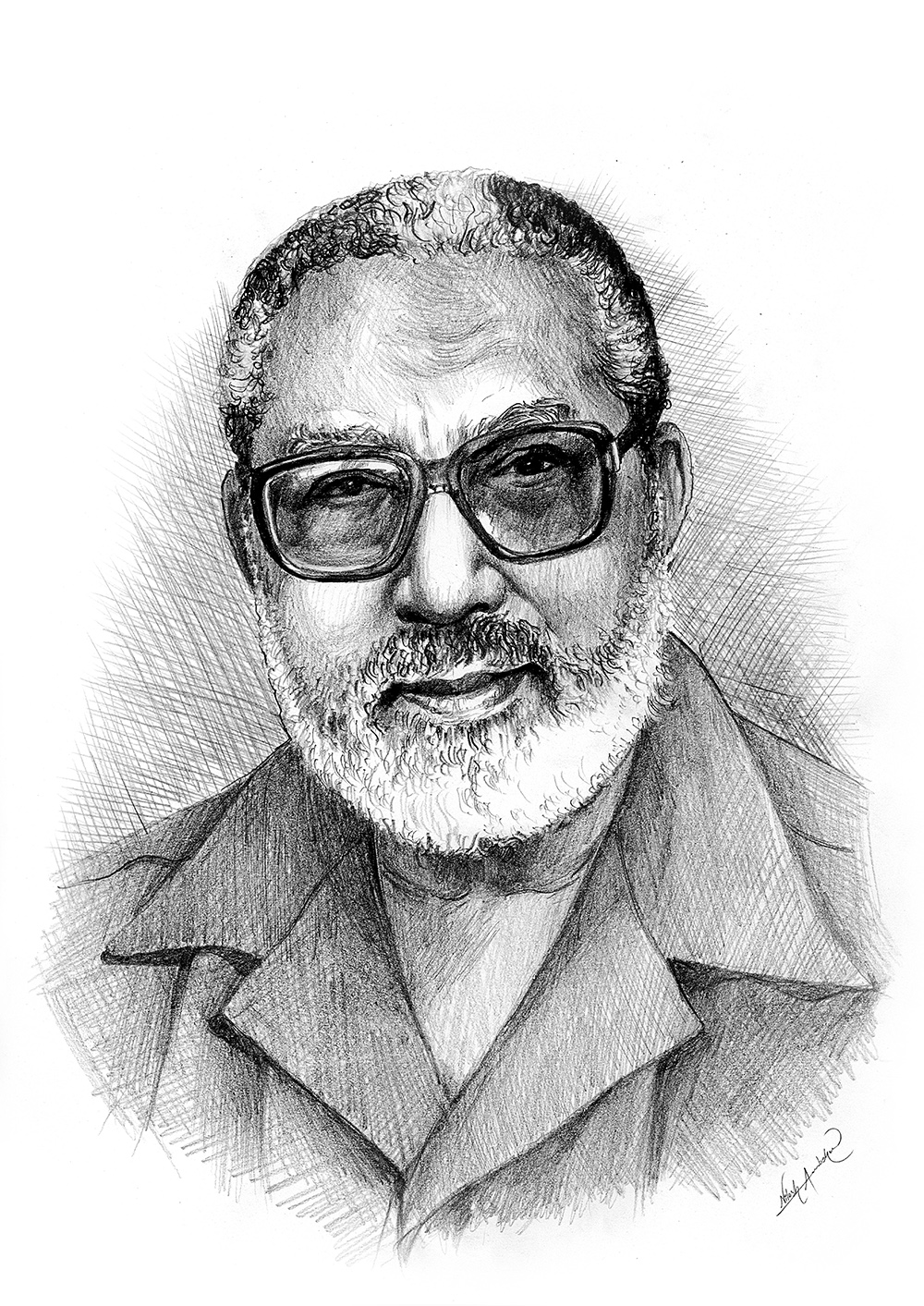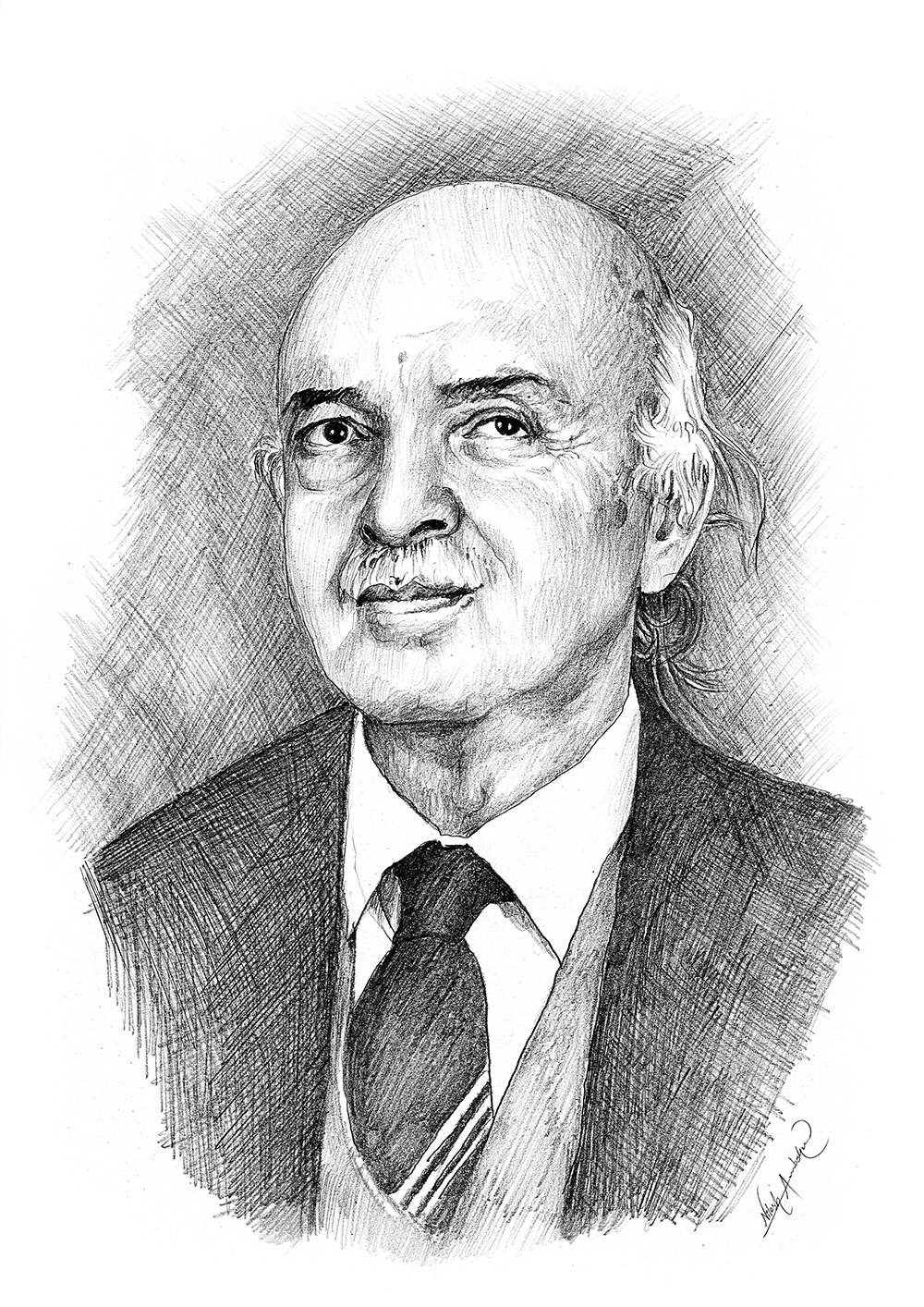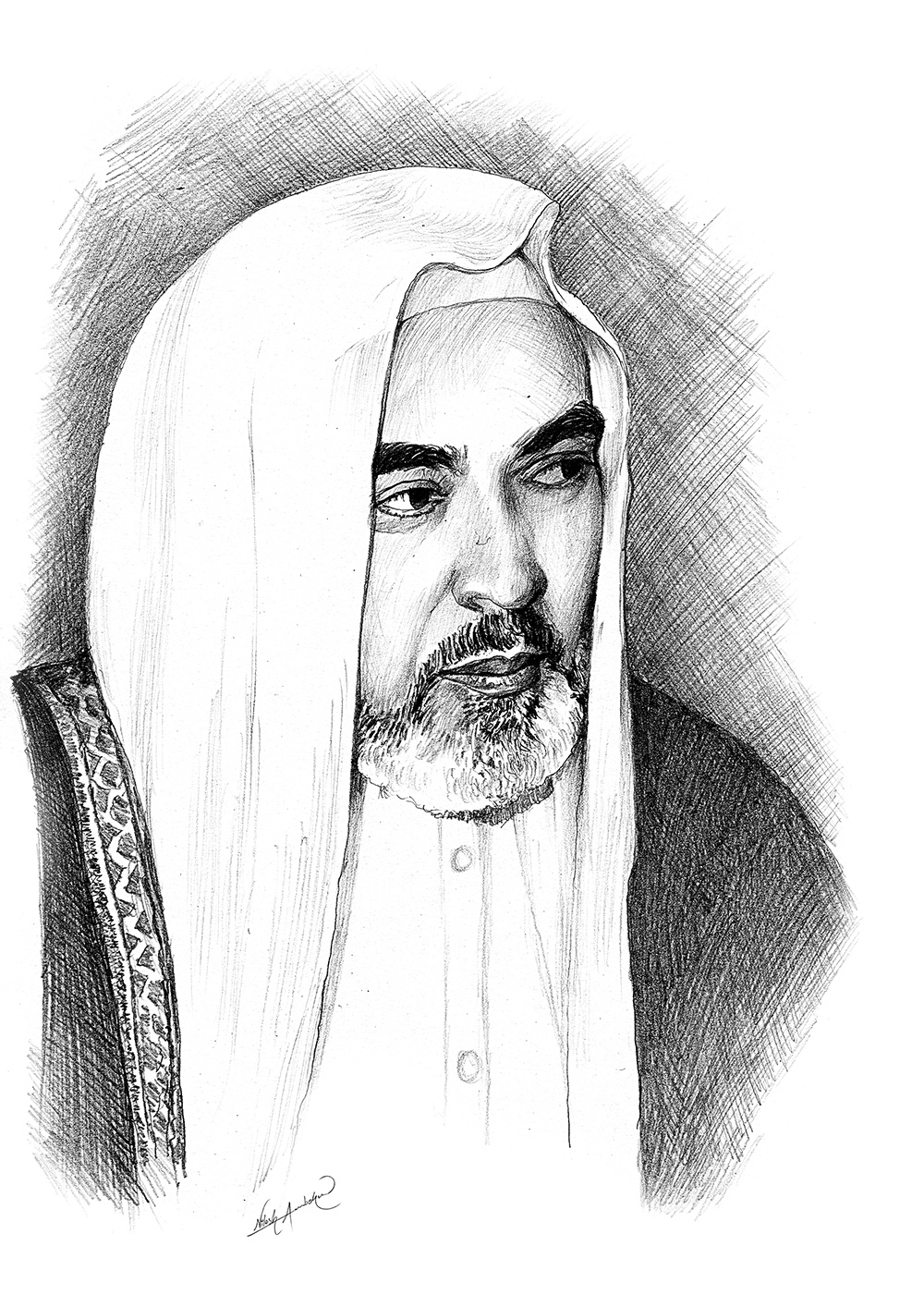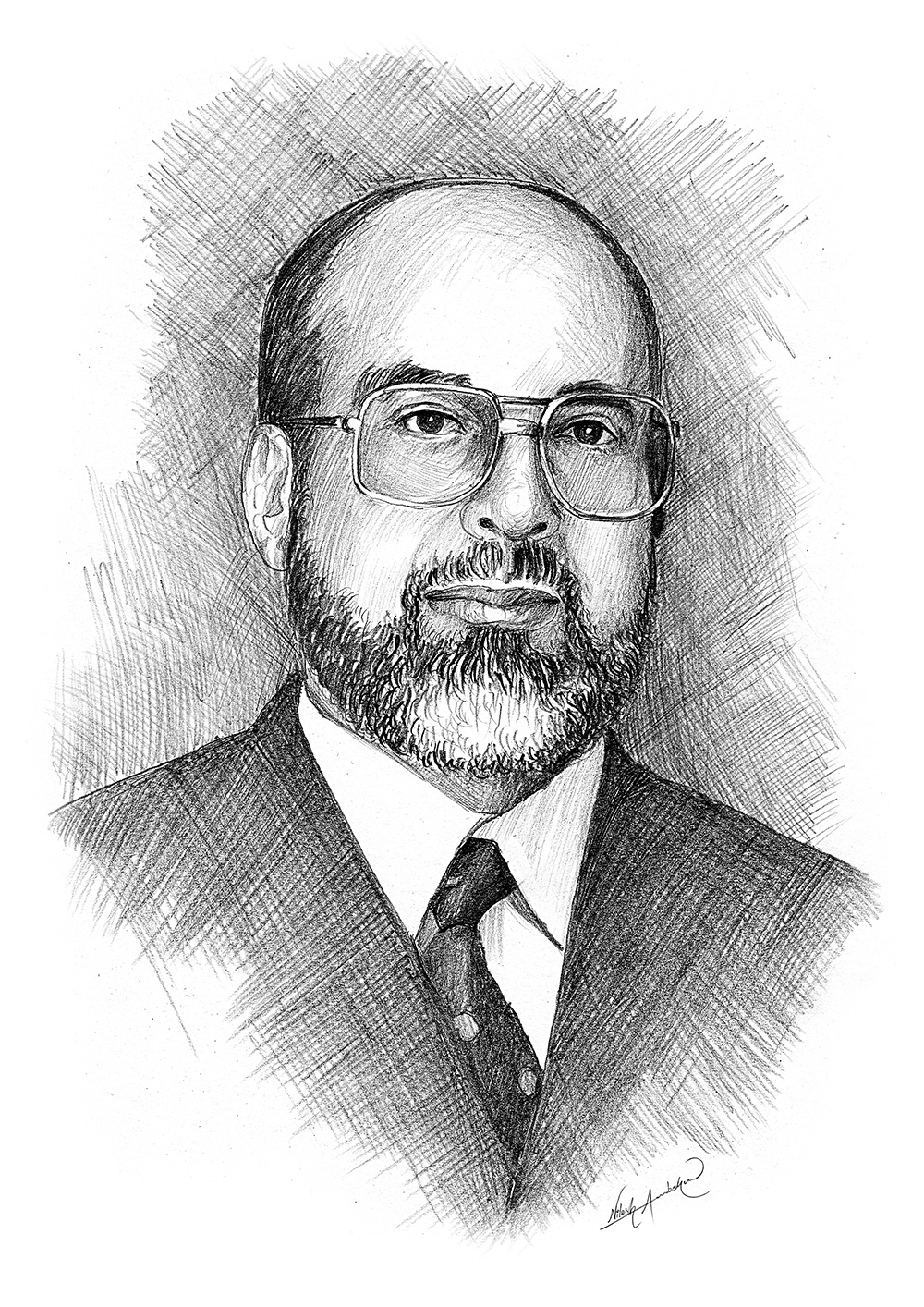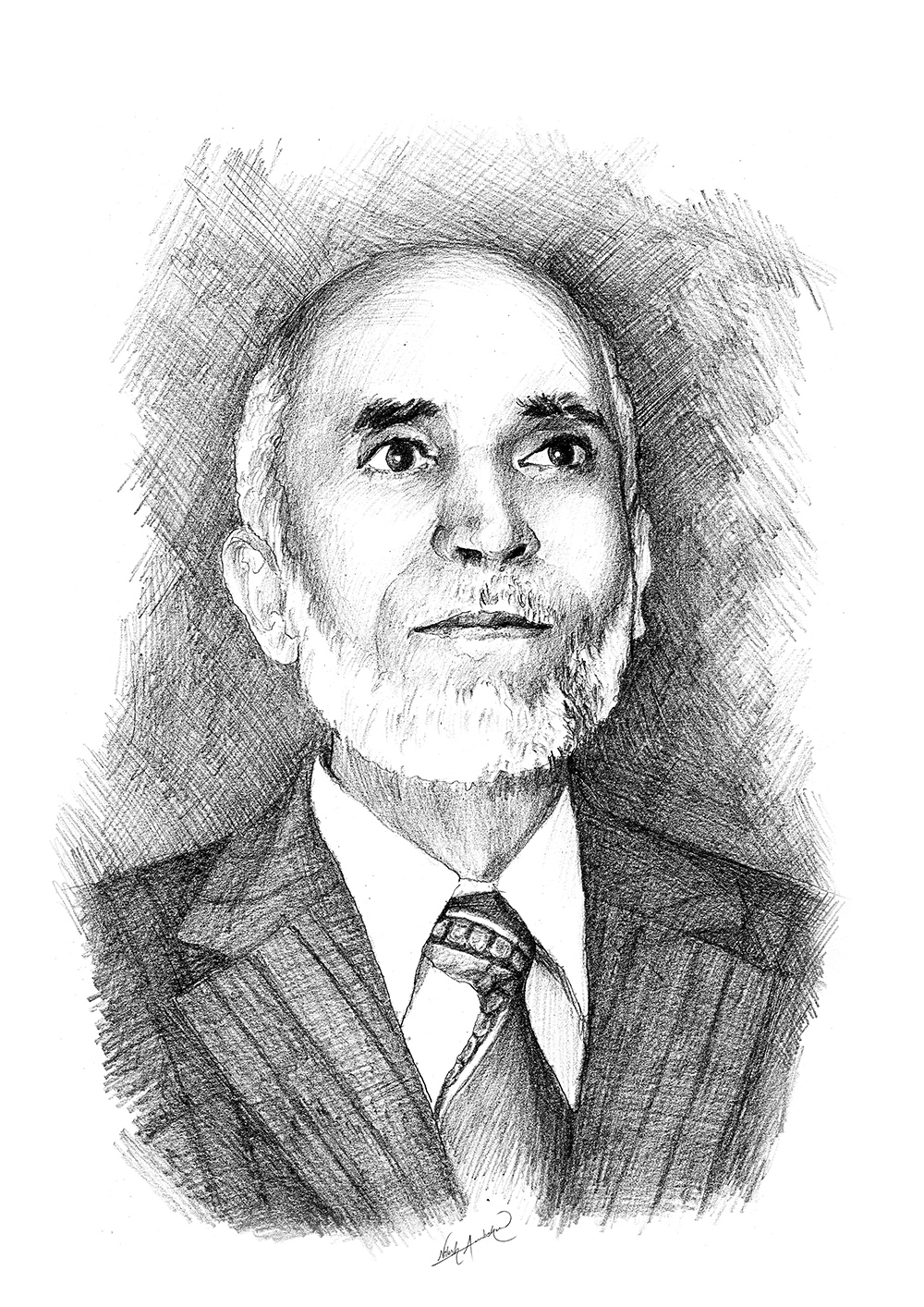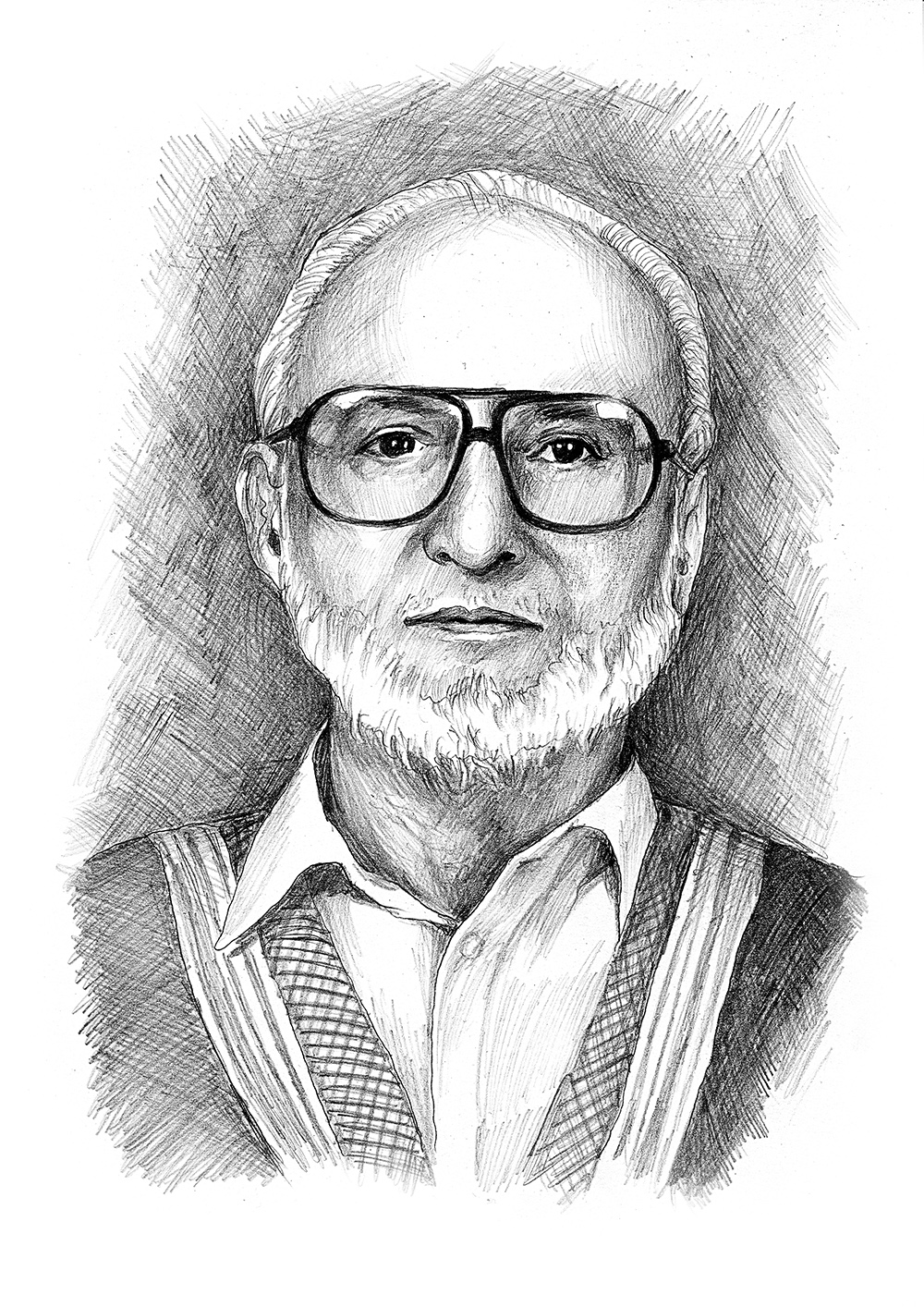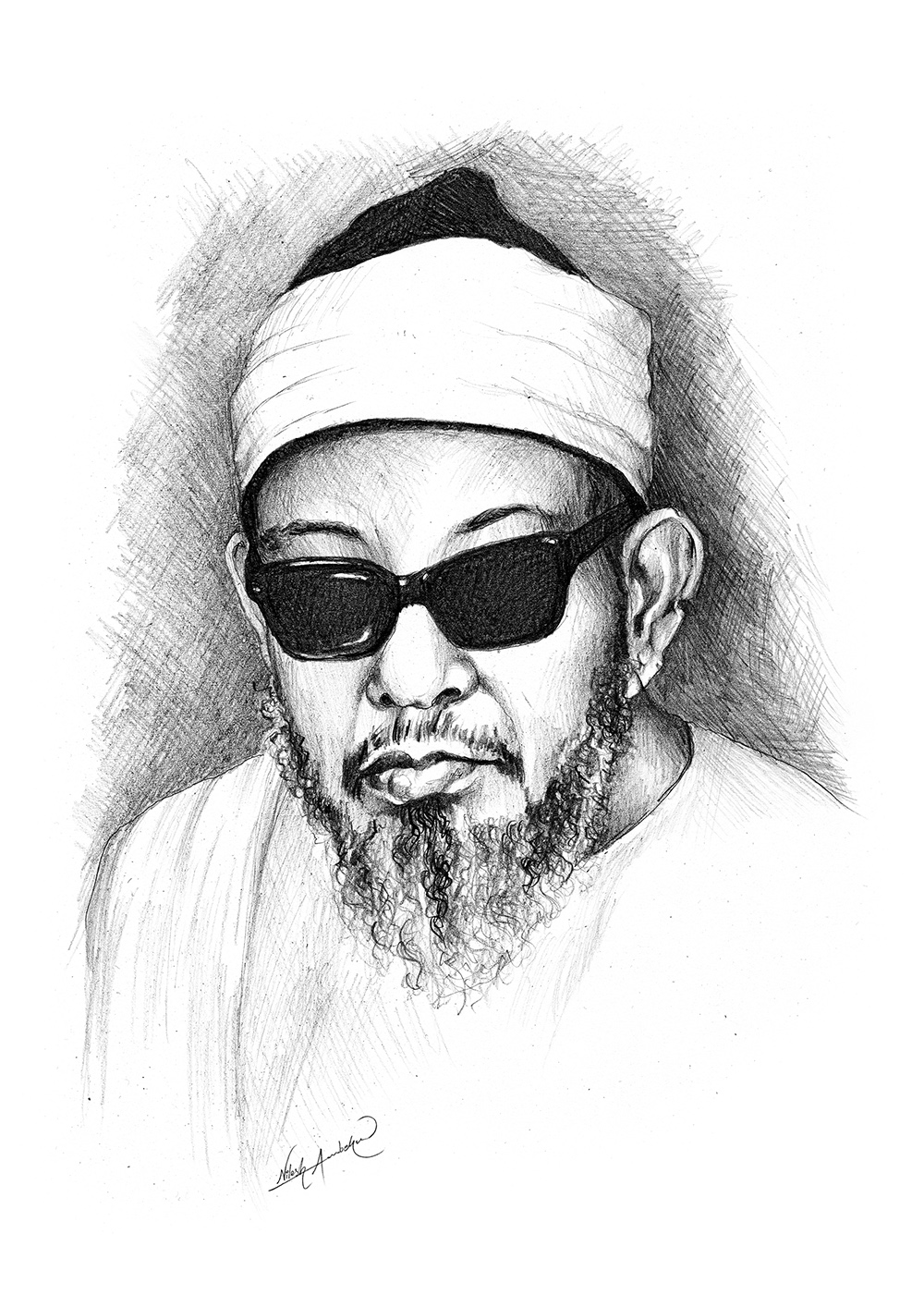Muhammed Chabra received his bachelor’s and master’s degrees from Karachi University in 1956, and a Ph.D. at Minnesota University in 1961. He worked at the Institute of Development Economics and the Islamic Research Institute in Pakistan, then as a research assistant at Minnesota, and associate professor of economics at Wisconsin and Kentucky Universities, before becoming Consultant to the Saudi Arabian Monetary Organization for 34 years.
An accomplished scholar of Islamic economics, Chapra made seminal contributions to Islamic economics and finance over the past several decades. He published around 15 books and monographs and more than 90 articles and book reviews. One of his groundbreaking contributions is his book Towards a Just Monetary System (1985). Reviewing that book in the Bulletin of the British Society for Middle Eastern Studies, Professor Wilson of the University of Durham described it as “the most lucid presentation yet of the monetary theory of Islam.” Chapra’s books were translated into many languages and are taught in universities worldwide. He delivered numerous invited lectures and participated in hundreds of conferences worldwide.
Dr. Chapra is currently a Research Advisor at the Islamic Research and Training Institute of the Islamic Development Bank in Jeddah. He is a member of the Royal Economic Society (London), the American Economic Association, the Saudi Economic Association, and the Islamic Economic Association. He is also a member of the editorial boards of a number of prestigious international journals of economics.
This biography was written in the year the prize was awarded.

